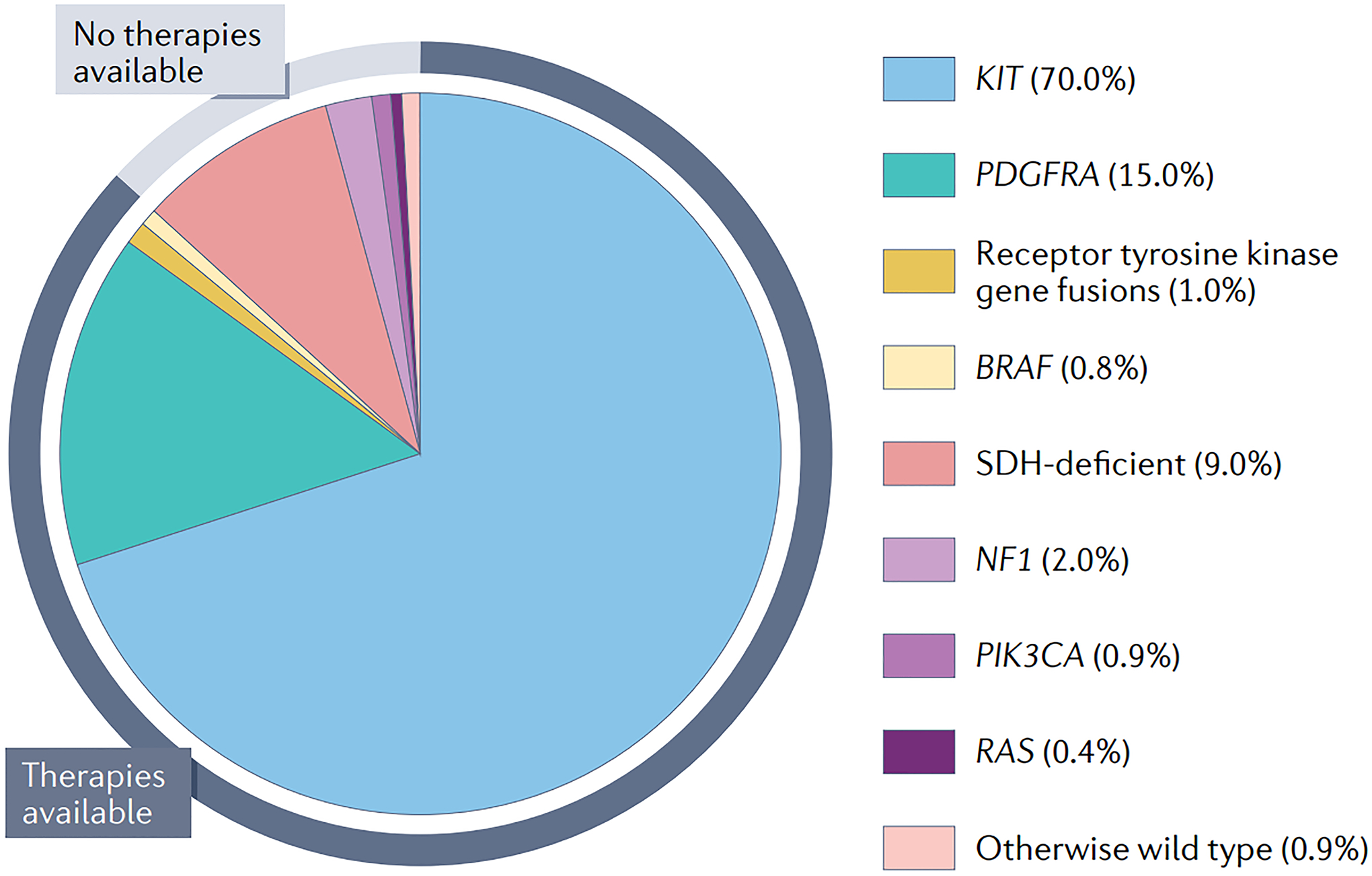Fig. 1 │. Summary of GIST molecular subtypes.

The pie chart indicates the proportion of gastrointestinal stromal tumour (GIST) cases that is driven by each recurrent driver alteration associated with this disease. KIT and PDGFRA mutations account for approximately 85% of GISTs. Effective targeted therapies are now available for patients with GIST harbouring such alterations, as well as those with BRAF mutations or receptor tyrosine kinase gene fusions (predominantly involving FGFR1 or NTRK3), encompassing ~88% of all advanced-stage GISTs (indicated by the black segment of the outer ring). The remaining 12% of GISTs are SDH deficient, NF1, PIK3CA or RAS mutant, or otherwise wild type, and lack effective therapies (indicated by the blue segment of the outer ring).
